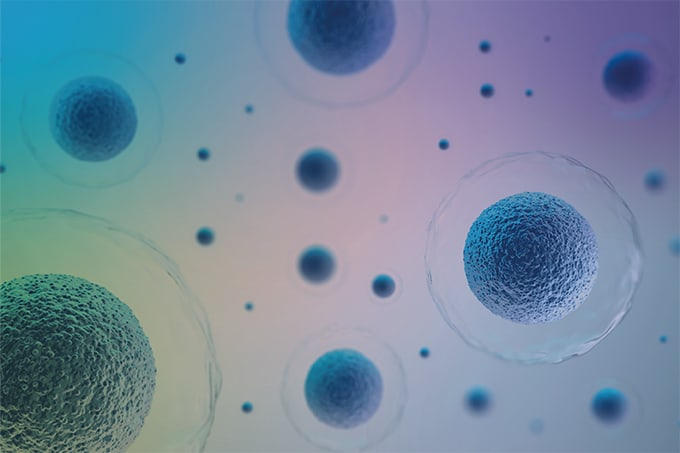The year 1921 proved to be pivotal for medicine. Banting, Best, and McCloud discovered insulin and showed that its absence in the body was the cause of diabetes mellitus. This discovery not only provided the cure for a deadly disease, it also established a new standard for evidence-based medicine and gave the world hope that cures for other deadly diseases could be found. In 1924, the prolific philanthropist Ellen Browning Scripps founded the Scripps Metabolic Clinic to treat diabetes with this new miracle drug. If you have ever been to San Diego, you have certainly noticed the impact of Ellen Browning Scripps’ philanthropy – the Scripps name graces institutes, hospitals, roads, and neighborhoods. Two of these San Diego institutions, the Scripps healthcare system and Scripps Research – formally known as The Scripps Research Institute (TSRI)), emerged from the Scripps Metabolic Clinic. In the early days of TSRI, research was focused on immunology under the leadership of renowned immunologist Frank Dixon. The department of molecular biology was later formed by Richard Lerner, who greatly expanded the scientific focus of TSRI after he took over leadership in 1987. Lerner built a chemistry department by recruiting the top chemists in the world; notably, two Nobel prizes have been awarded to K. Barry Sharpless – a founding member of the chemistry department. The creation of the chemistry department at Scripps was a testament to Lerner's belief in chemistry as a central science. Learner also created world class graduate programs in chemistry and biology; and in 1996 he founded the Skaggs Institute for Chemical Biology, which remains at the forefront of chemical biology research.

During the ten years that followed the completion of the human genome in 2001, there were significant efforts to translate the newly acquired knowledge into cures for diseases and a greater understanding of human biology. When the 10th anniversary of the completion of the human genome sequence arrived, the press assessed the impact of the sequence on human health and concluded that it was minor. Making drugs for gene products required knowing something about the protein produced, and many of the genes discovered in the human genome sequence were being observed for the first time. One assessment of currently approved drugs in the early 2000s noted that each FDA approved drug had at least 15 years of research literature behind it. Conclusions by the press were perhaps overly harsh; they failed to appreciate that it took time to assess the sequence information and to discern the best way to parlay this information into the development of therapeutics. There was also a need to identify the disease genes, which meant population studies and then more sequencing. Scripps, with its heavy emphasis on chemistry, biology, and structural biology, is ideally suited to meet the challenge of developing new approaches to drug development to take advantage of genomic information in the coming decades.
In this tribute of 100 years of research at Scripps Research, four prominent scientists discuss aspects of their research and the Scripps Research ethos. Each of these research areas is steeped in analytical chemistry. Benjamin Cravatt and Christopher Parker describe efforts to develop new approaches to drug development using chemical proteomics, which relies heavily on mass spectrometry (MS). Gary Suizdak has developed MS-based methods to measure and identify metabolites, and his laboratory has built widely used software tools, including the Metlin database. Finally, Mia Huang and her team have been using MS methods to lead the way in glycobiology – a field that has seen an explosion of interest over the last 10 years.
Scripps Research occupies a small stretch of land overlooking the famous Torrey Pines golf course and the Pacific Ocean – and I’m proud to say that its scientific impact has been as great over the last 100 years as the view from the campus.
Headshot - Credit: Supplied by Author | Hero Credit - Images supplied by The Scripps Research Institute




